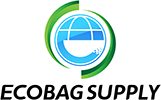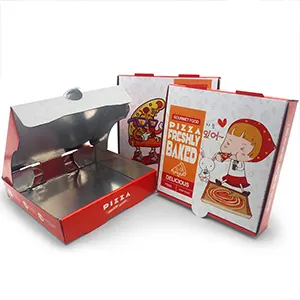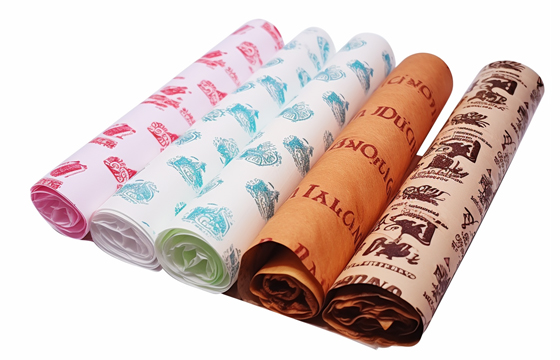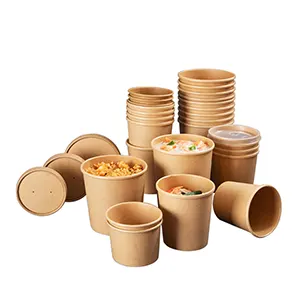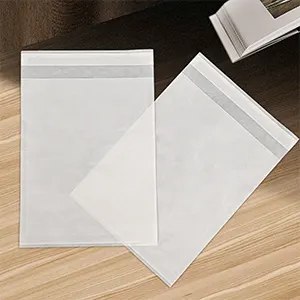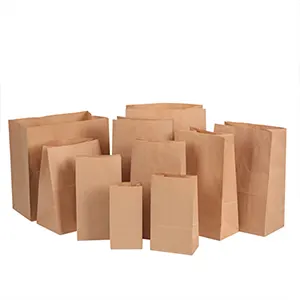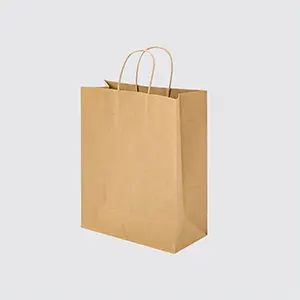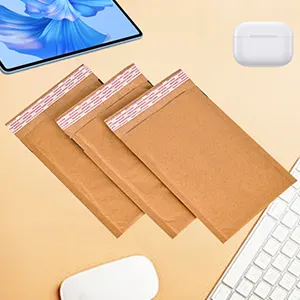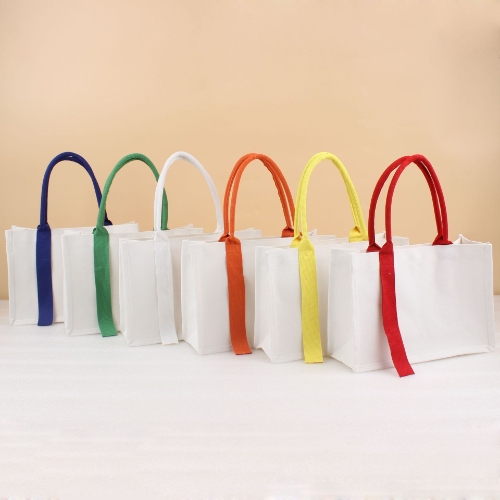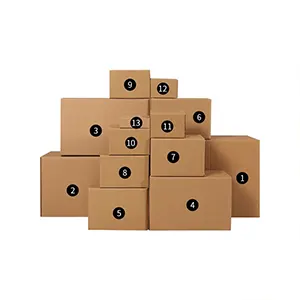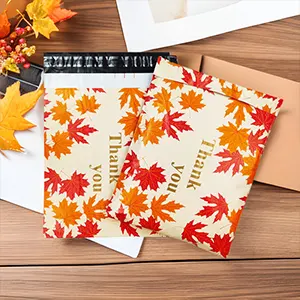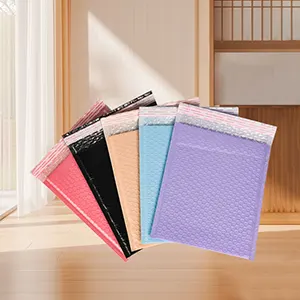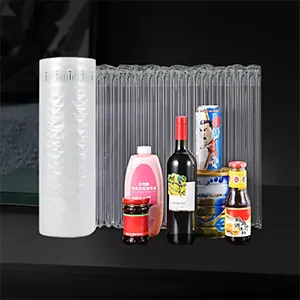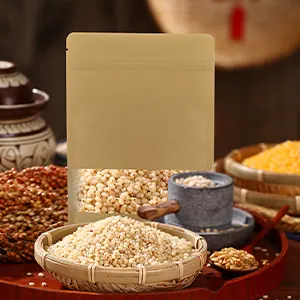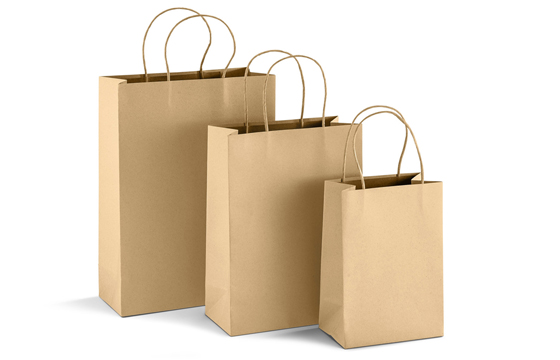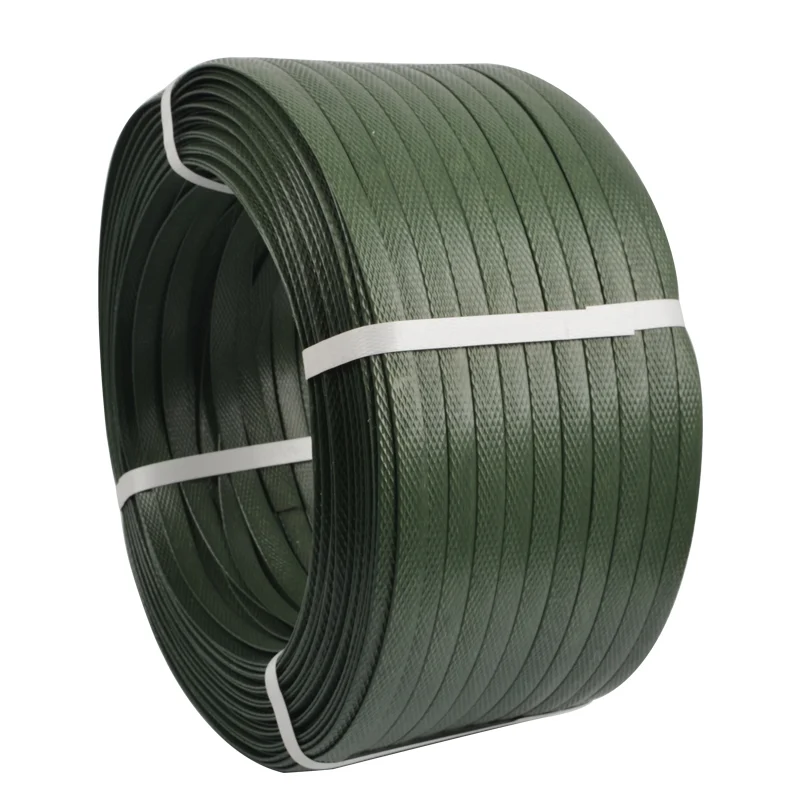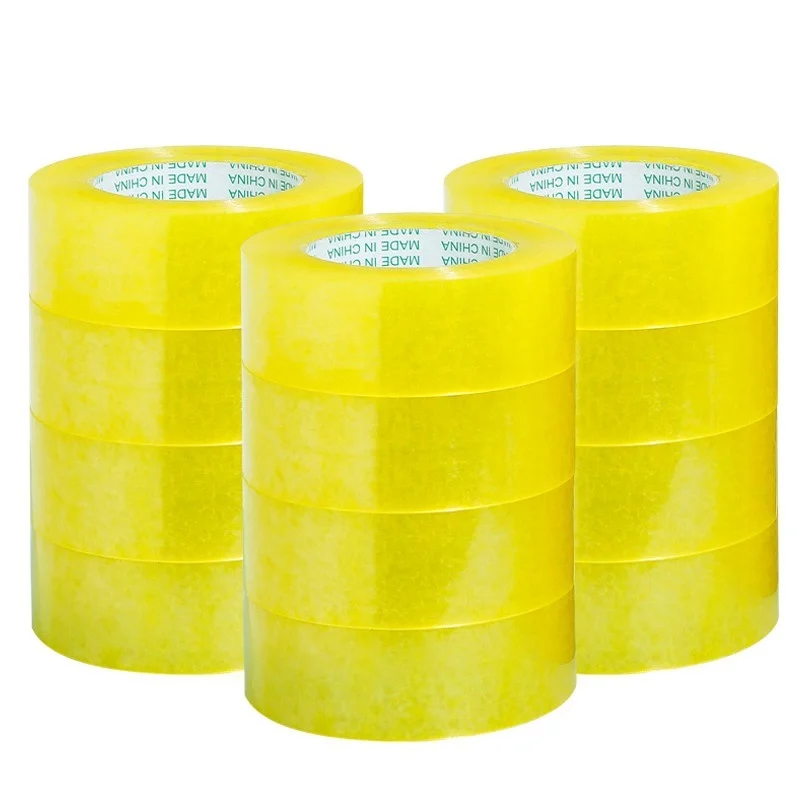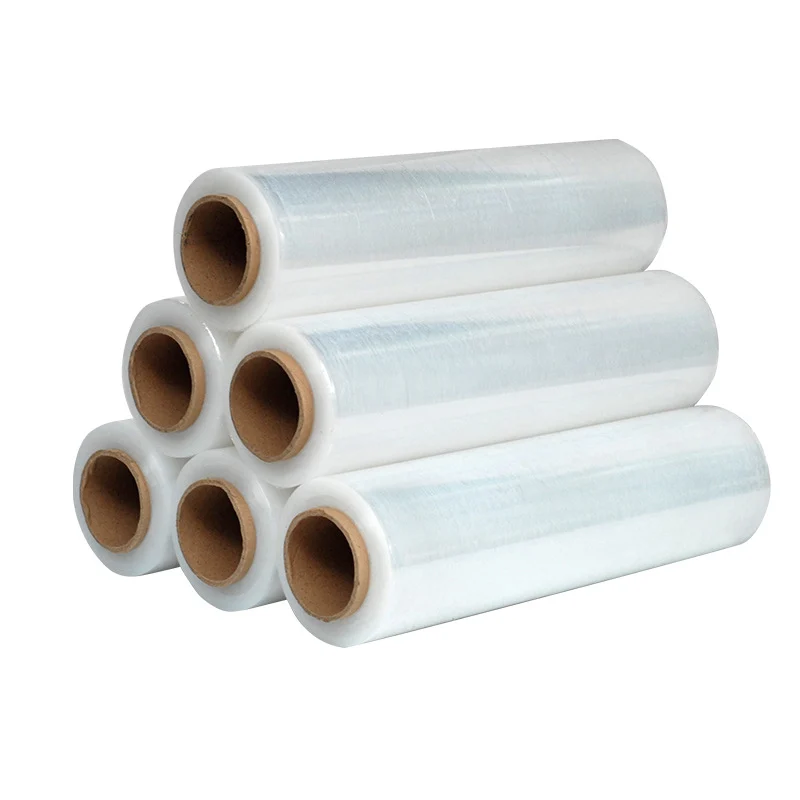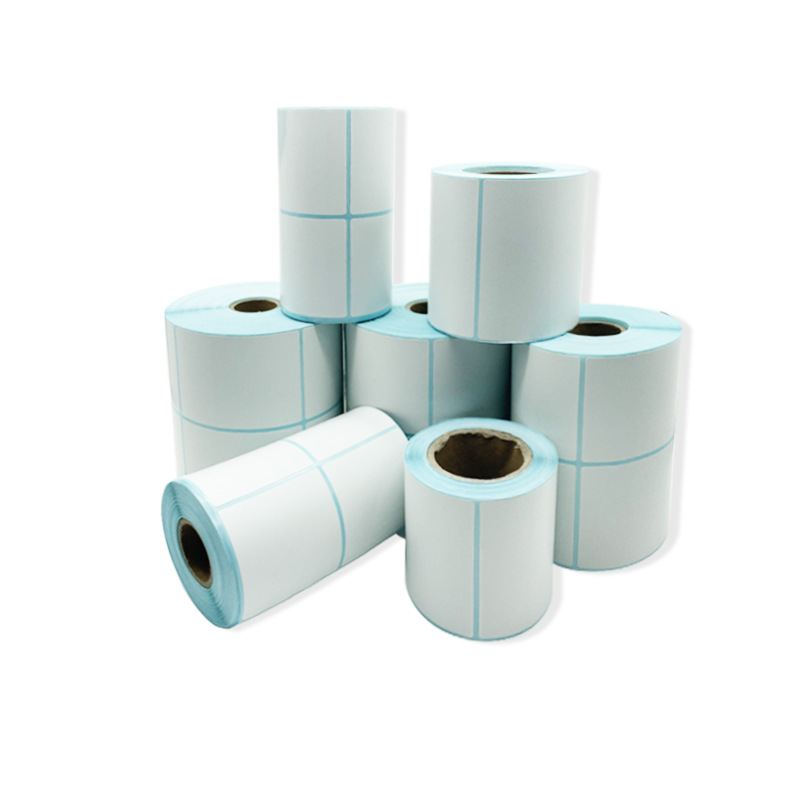A Local Buyer's Guide to Greaseproof Paper Sheets
Sourcing high-quality local greaseproof paper sheets is a vital component of a successful and resilient food service business. For cafes, caterers, bakeries, and restaurants, the choice of a packaging supplier is a strategic partnership that impacts everything from operational efficiency to brand perception. While a global market offers endless options, building a strong relationship with a local supplier can provide a unique set of benefits in service, speed, and community engagement. This buyer's guide will provide a comprehensive, step-by-step roadmap for finding, vetting, and partnering with the best local suppliers for your greaseproof paper needs, ensuring you secure a reliable source for this essential product.
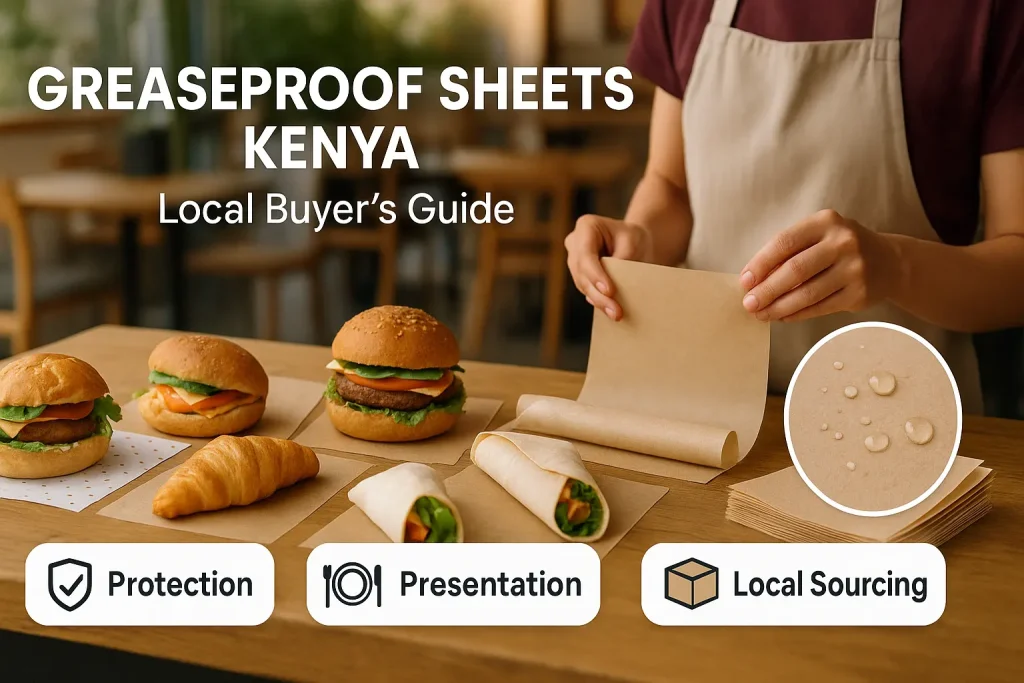
The Strategic Advantage of Sourcing Locally
In today's fast-paced business environment, a reliable and responsive supply chain is a significant competitive advantage. The decision to source key supplies like greaseproof paper from a local or regional partner is a strategic one that can pay significant dividends in both the short and long term.
Enhanced Supply Chain Reliability and Speed
The most immediate and practical benefit of a local supplier is the speed of delivery. When a busy kitchen unexpectedly runs low on a critical item, waiting several days for a shipment from a distant national supplier is not an option. A local distributor can often provide next-day or even same-day delivery, preventing costly operational disruptions. This proximity creates a much more resilient and reliable supply chain.
Personalized Service and Relationship Building
Working with a local company allows for the development of a genuine business relationship. You are not just an account number in a large corporate system. You can meet your sales representative in person, and they can gain a deep understanding of your specific business needs. This personalized service often leads to more flexible ordering, better problem-solving, and a supplier who is truly invested in helping your business succeed.
Benefits for the Local Economy and Brand Story
Choosing to spend your money with a local supplier is a direct investment in your own community. It supports local jobs and contributes to the health of the local economy. For many food businesses, particularly those that pride themselves on using local ingredients, this is a powerful and authentic part of their brand story. Being able to tell your customers that you are committed to supporting other local businesses can create a strong and positive connection.
Reduced Shipping Costs and Environmental Impact
Sourcing from a nearby supplier dramatically reduces the transportation distances for your goods. This leads to lower shipping costs, which can have a positive impact on your bottom line. It also significantly reduces the carbon footprint associated with your supplies. For any business with a focus on sustainability, minimizing these "supply miles" is a simple and effective way to be more environmentally responsible.
Identifying Your Business's Specific Needs
Before you can begin to search for the right supplier, you must first have a perfect understanding of what you need. A detailed and specific list of your requirements will make your search much more efficient and will allow you to communicate clearly with potential partners.
Conducting a Volume and Usage Audit
The first step is to accurately calculate your usage. How many sheets of greaseproof paper does your business use in an average week or month? What are the peak times? Understanding your volume will help you to determine what kind of supplier you need. A small cafe might need to order by the case, while a large catering operation will be ordering by the pallet.
Defining Your Quality and Certification Standards
What are your non-negotiable quality standards? This should include a requirement that all paper is certified as food-safe. You may also decide that you will only use paper from sustainably certified forests (FSC or PEFC). You should also determine the ideal paper weight (GSM) for your applications. A higher GSM will be stronger but will also cost more.
Specifying Your Required Formats
Make a detailed list of the exact types of greaseproof paper you need. Do you need pre-cut half-sheets for lining trays? Do you need a large roll for custom cutting? Are you looking for a standard white paper, a rustic brown paper, or a custom-printed option with your brand's logo? A clear product mix will help you to find a supplier who can meet all of your needs.
A Profile of Local Supplier Types
The local supply market is typically made up of several different types of businesses. Each type has its own strengths and is suited to different kinds of customers. Understanding these profiles will help you to target your search effectively.
The One-Stop-Shop: Restaurant Supply Wholesalers
The local restaurant supply wholesaler is the classic all-in-one solution. These businesses stock a vast range of products for the food service industry, from heavy equipment to disposable items. They are an excellent choice for businesses that value convenience and want to consolidate their purchasing with a single supplier. They will almost always have a good selection of standard greaseproof paper options.
The Specialist: Dedicated Packaging Distributors
A more specialized option is a dedicated packaging distributor. These companies focus exclusively on packaging products. Their staff will have a very deep and expert knowledge of paper products. They will likely offer a much wider and more specialized range of greaseproof paper options than a general wholesaler. For a business where packaging is a key part of the brand, a specialist distributor is often the best partner.
The Niche Provider: Specialty Baking Supply Stores
For businesses like artisanal bakeries or chocolatiers, a local specialty baking supply store can be a great resource. While their pricing may not be as competitive on bulk items, they will have a carefully curated selection of very high-quality and often unique paper products. Their staff will also have an expert understanding of the specific needs of bakers.
The Direct Source: Local Paper Converters
In some areas, you may be able to work with a local paper converter. This is a business that buys huge, industrial-sized rolls of paper from a mill and then "converts" them into finished products like pre-cut sheets. For a business with a high enough volume, working with a converter can offer very competitive pricing and a high degree of flexibility for creating custom-sized sheets.
A Step-by-Step Guide to Finding and Vetting Local Suppliers
Finding the right local partner requires a proactive and methodical approach. A combination of modern research techniques and old-fashioned networking is the most effective way to identify the best options in your area.
Here is a step-by-step process for finding and choosing your supplier:
- Step 1: Comprehensive Research. Use online search engines with specific, local keywords. Look through local business directories and industry association member lists.
- Step 2: Industry Referrals. Ask for recommendations from other, non-competing food business owners in your community. A trusted referral is often the best lead.
- Step 3: Initial Contact. Reach out to your shortlist of potential suppliers. Have a clear list of your needs and ask them if they can meet them.
- Step 4: Sample Evaluation. Never commit to a supplier without first getting a physical sample of their paper. This is the only way to verify the quality.
- Step 5: Reference Checks. Ask the supplier for references from a few of their current customers. Speaking to their existing clients is a great way to gauge their reliability and service level.
Step 1: Comprehensive Local Research
Begin by creating a long list of all potential suppliers in your operational area. Use specific online search terms like "food packaging supplier," "restaurant wholesaler," or "catering supplies" combined with your city or area name. Do not just look at the first page of results; dig deeper to find the smaller, local specialists.
Step 2: The Power of Industry Referrals
Your local food community is a powerful resource. Go to a local farmers market and talk to the food vendors. Visit a cafe or bakery that you admire and ask the owner where they source their supplies. Most independent business owners are happy to share information and help each other out. A recommendation from a fellow business owner who is already happy with their supplier is the most reliable lead you can get.
Step 3: The Initial Contact and Request for Information
Once you have a shortlist, it is time to make contact. You can do this via phone or email. Be professional and prepared. Introduce your business and provide a clear overview of your needs (the types of paper you need and your estimated monthly volume). Ask them if they can send you their product catalog and pricing information. Their responsiveness and professionalism in this first interaction is a good indicator of their overall customer service.
Step 4: The Crucial Sample Evaluation
A physical sample is non-negotiable. When you receive the samples, evaluate them carefully. How does the paper feel? Is it strong and durable? How does it perform in a real-world test in your kitchen? This hands-on evaluation is the most important part of the vetting process. For a general overview of protective papers, the Parchment paper page offers some useful context.
Step 5: Checking References and Finalizing a Partnership
Before you make a final decision, ask the supplier for two or three references from their current customers. Take the time to call these businesses and ask them about their experience. Once you are satisfied, you can then move on to finalizing the partnership, which will involve setting up an account and establishing your ordering and delivery schedule.
The Global Context for Local Sourcing
While you are focusing on a local partnership, it is still helpful to understand the broader, global context of the packaging market. This knowledge will make you a more informed and strategic buyer.
How Local Markets Compare to Other Regions
The product availability and pricing in your local area will be influenced by global supply chains. The options available from suppliers in another city or the local options in a different area may be different due to local import costs and distribution networks. A good local supplier will have a strong understanding of these dynamics.
Understanding International Trends
Being aware of global trends can also be an advantage. For example, if you know that there are new, innovative eco-friendly materials becoming popular in one part of the world, you can ask your local supplier if they have plans to source them. Staying on top of international market trends can help you to keep your own brand looking fresh and modern. The overall greaseproof paper sheets market is a global one, and these trends often spread quickly.
Common Challenges in Local Sourcing and How to Mitigate Them
Working with local suppliers offers many benefits, but there can be some potential challenges as well. Being aware of these and having a strategy to mitigate them is part of building a successful and resilient supply chain.
Challenge 1: Potentially Limited Product Selection
A local supplier will have a more curated selection of products compared to a massive online marketplace. They may not carry every single brand or type of paper. The key to mitigating this is to be very clear about your needs from the start. If you find a supplier who is a great partner but does not stock the exact item you want, talk to them. A good supplier will often be willing to special-order a product for a loyal customer.
Challenge 2: Ensuring Consistent Quality Over Time
With any supplier, there is a risk that the quality of the product could change over time. The best way to mitigate this is to have a strong relationship with your sales representative. Have regular check-ins. If you ever notice a drop in quality, you should address it with them immediately. A good partner will be responsive and will work to resolve the issue.
Final Thoughts
This buyer's guide for sourcing local greaseproof paper sheets shows that the best supplier is not just a vendor; they are a partner. The strategic advantages of working with a local company—from the speed of delivery to the power of a personal relationship—are immense. For a food business, this local partnership can be a cornerstone of their operational success and their brand's authentic story. By carefully defining your needs, thoroughly researching the local market, and meticulously vetting your potential partners, any business can find a reliable, high-quality local supplier who will be a key ingredient in their long-term success.
JERL has been working hard on the road of custom packaging. Next time when you feel the need to impress someone with your brand, think of JERL Packaging!
